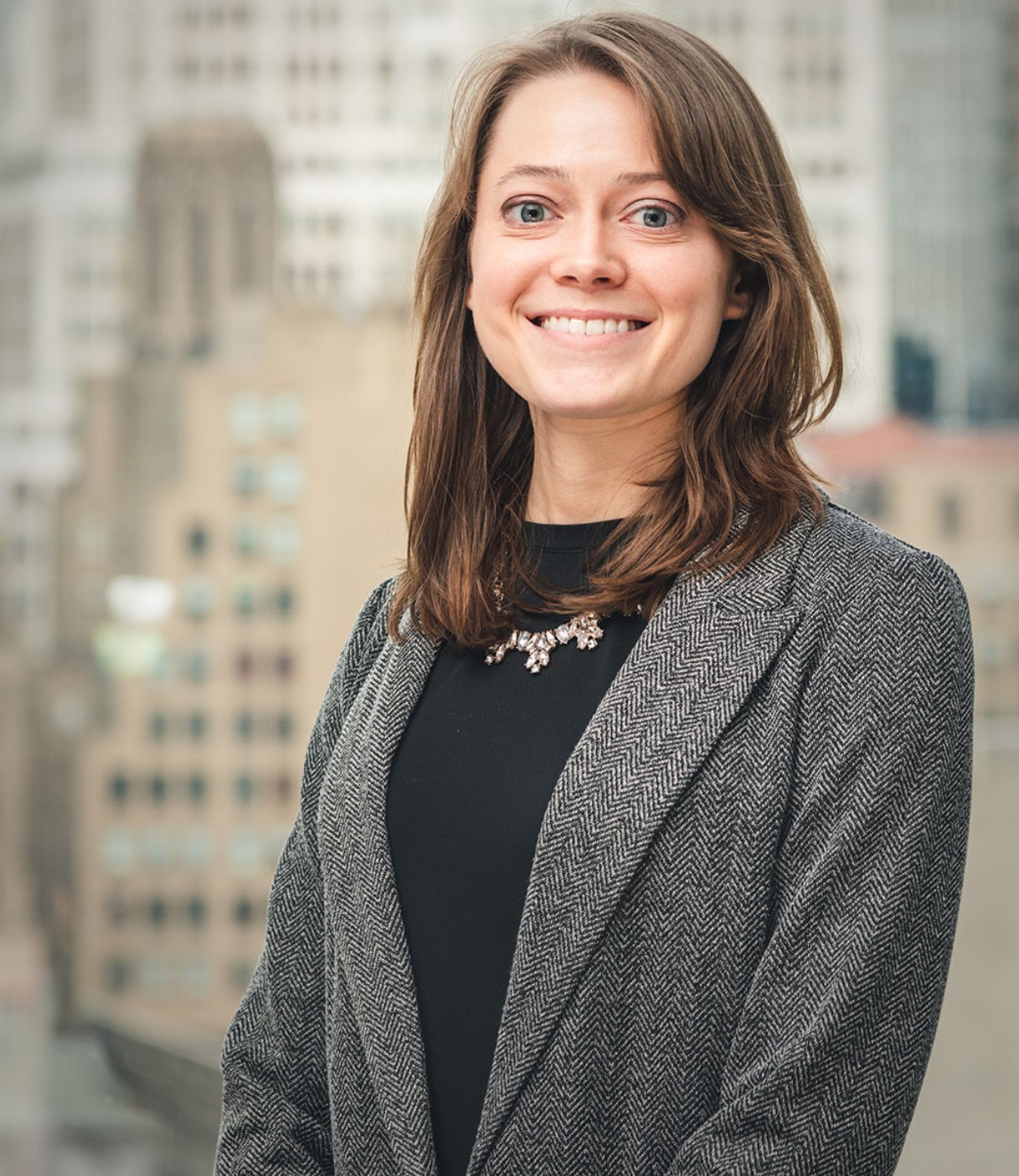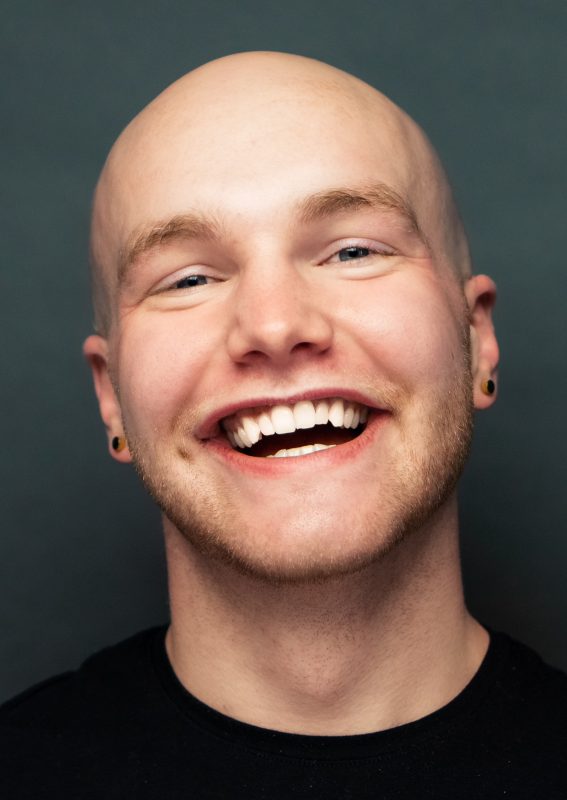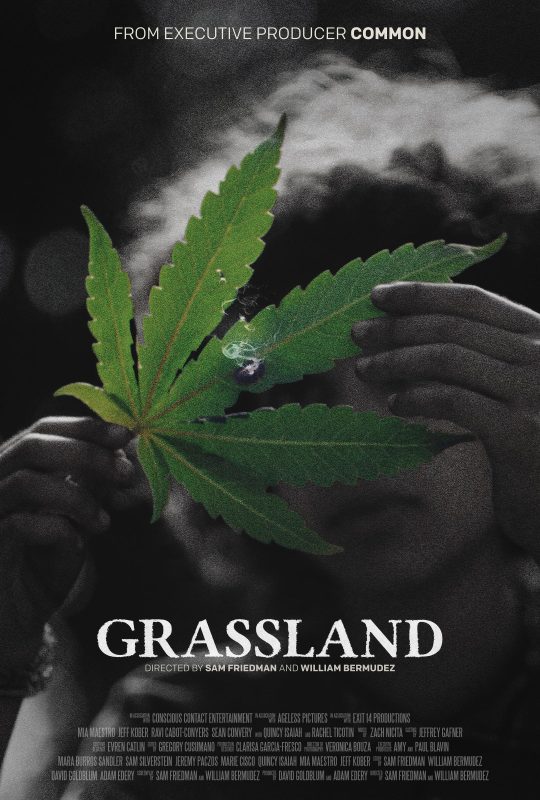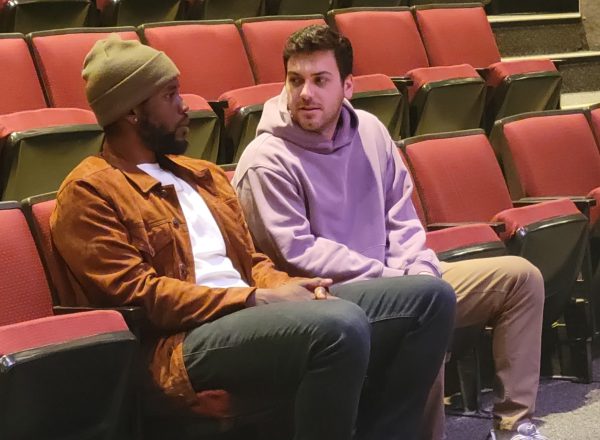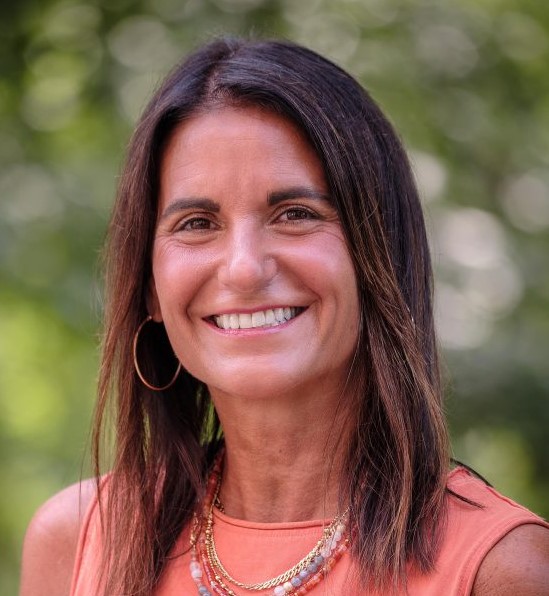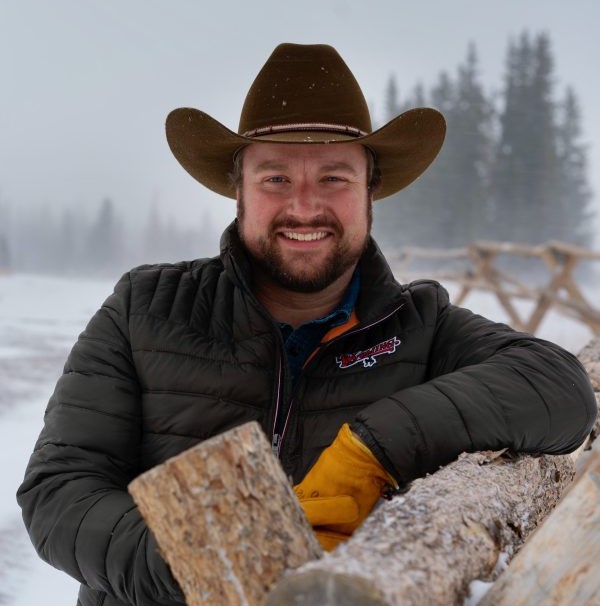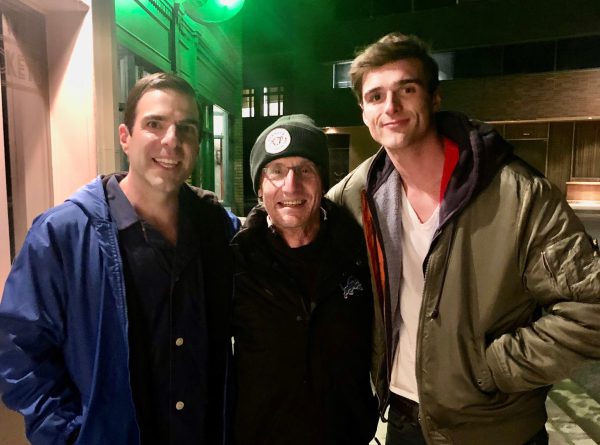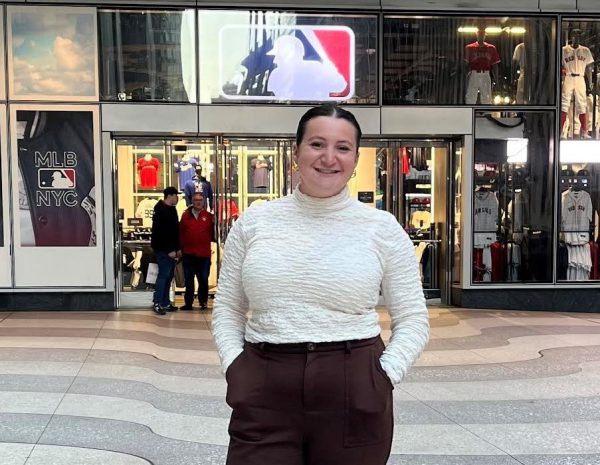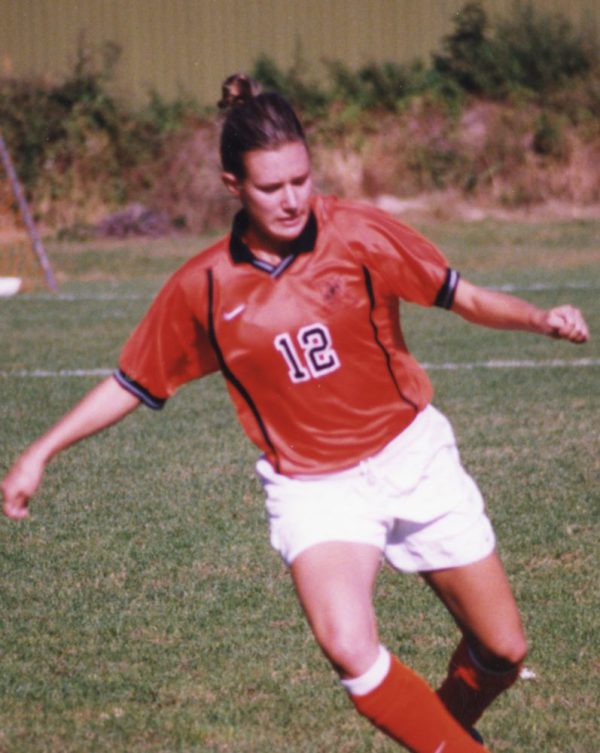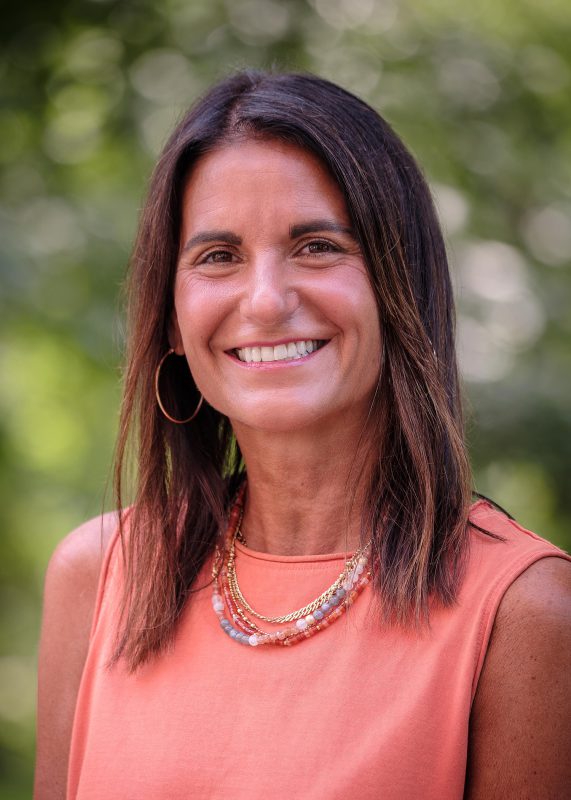While some students spent spring break relaxing on beaches, several Kalamazoo College students took a different route, immersing themselves in the professional world through a new job-shadowing initiative.
K in the Zoo, organized through the Center for Career and Professional Development (CCPD), connected students with alumni and local businesses in professions ranging from lab science to education, and project management to marketing. For many participants—such as Anna Phyo ’27—it offered a rare, hands-on glimpse into the day-to-day life of a potential future career.
“I’m really grateful I had this opportunity through the CCPD and I hope they do it again for more students,” Phyo said. “I believe it was beneficial, not only to the students who participated, but the companies as well because everyone got to talk with talented people. Spring break was a great time to do it, too. I didn’t have any other plans, and as an international student, I didn’t have time to go back to my home country, so it was good to learn something, engage with the recruiting process, and begin to create a career.”
Phyo, an international student from Myanmar, majors in computer science and business and minors in Japanese while working as a student assistant for the Information Systems Help Desk. One of her supervisors at the Help Desk sent her a link with information about K in the Zoo and encouraged her to apply for it.



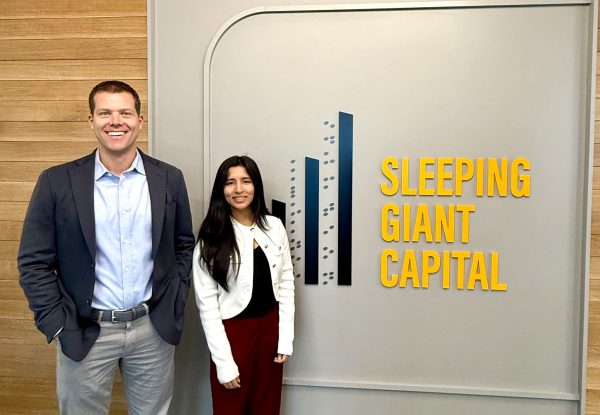
After the CCPD compared students’ interests with volunteering employers, Phyo was matched with Greenleaf Hospitality Group (GHG) at the Radisson Plaza Hotel in downtown Kalamazoo. It led to a full day for her that included meeting with managers from recruiting, hotel operations, event sales and services, technology services, marketing and human resources.
“I had never known much about the hospitality industry before this,” Phyo said. “I talked with a lot of managers, so I got detailed information about how they operate. The impressive thing is that the people are very friendly. That’s how I learned how important people are for their company. They say, ‘employees first,’ and then the employees, as a result, treat the customer well.”
During the shadowing, GHG Service Desk Engineer Alex Peterson suggested that Phyo take an online course on essential Google Cloud infrastructure. The lessons have helped Phyo secure a summer internship at Hagerty, an automotive lifestyle and insurance company, in Traverse City, Michigan. Plus, the shadowing experience overall has taught Phyo that she would like to be a technical support professional for GHG.
“As a student, I love that they’re very close by, being located downtown,” Phyo said. “And after graduation, I don’t want to have to move to another state because I have friends and a host family here. I love the company, their culture, and their inclusive, collaborative and positive environment.”
Alex Quesada ’25, a double major in business and psychology, visited another major Kalamazoo-area employer. Stryker is a global leader in medical technologies, devices and equipment. He said it was a no-brainer to participate in K in the Zoo.
“It’s not easy to try to have career conversations with people you don’t know,” he said. “You might try to email someone or try messaging them on LinkedIn. And yes, you’re building your network that way, but that can be intimidating. Doing these job shadows lessens the idea that you might be faced with rejection. An experience like this makes career exploration more exciting. I see a lot of the people who work in the CCPD because I work in the Center for International Programs and we share an office. I see a lot of their faculty and staff, so I trust them, and they made it super easy.”
At Stryker, he met Andrea Fleckenstein ’15, an experienced project manager, who shared her background and discussed her career path after K. Ultimately, Quesada decided that project management isn’t what he wants to pursue in his career, but he found the experience to be beneficial, especially for the opportunity to talk with a K alumna.
“With my current job search, one of my anxieties is that my degree is not super specialized,” he said. “With Andrea, I could ask how she leverages her liberal arts skills to enter the real world and the job market as someone with a broad degree. It helped to hear that Andrea said she didn’t major in business; she majored in French and political science, and now does project management for Stryker. It was reassuring to ask, ‘How did you do it?’ and ‘How did you end up here?’ She kept saying that it’s because K teaches you how to think and ask good questions.”
Many alumni hosts said they benefited from similar career networking experiences as students and were happy to pay it forward to current students.
“I know that when I was in school, I had the opportunity to talk with and be guided by those that had come before me, so I wanted to make sure that I was providing the same opportunity to current students,” said Christina Anderson, Kalamazoo’s city planner and deputy director of community planning and economic development. Anderson welcomed Anne Galin ’26 to her office, spending the day with her while attending public meetings.
“I was so appreciative that she just dove right in,” Anderson said. “She figured out what needed to be done and where I needed help, and she had the ability to participate in the discussion. She had no qualms about it and got right to the work of the night, which was discussing the city’s strategic vision goals. She took the initiative to ask us a lot of questions.”
Anderson also provided Galin with some advice.
“We talked about taking future opportunities and how not liking them can be as valuable as loving them,” Anderson said. “Crossing things off is just as important as understanding what you want to do. We talked about staying involved, whether it’s with the City of Kalamazoo or other organizations, and to keep up with what the city is doing as a way to integrate yourself into your community. When you’re here as a student nine to 10 months out of the year, make the city a better place for yourself and all the students who will come after you. Ask how you can positively shape your community.”
The city’s chief operating officer also is a K alumna and a current assistant cross-country coach, so she feels a strong connection to the College.
“My roots run deep with K, and as an individual who benefited significantly from service learning and my experiences there, I’m deeply committed to helping students expand their career horizons and understand more about the real world by giving them a chance to experience local government as I see it every day,” said Laura Lam ’99, whose husband, Daniel Lam ’98, also attended K.
She welcomed Hollis Masterson ’26, who majors in political science and history.
“The opportunity presented itself and I had that initial question of, ‘Am I too busy?’ I then thought no matter how busy I was, interacting with students would inspire me, too,” Lam said.
To cater an experience to Masterson based on his interests, Lam connected him with Vice Mayor Jeanne Hess—a K professor emerita and former volleyball coach—for a conversation about what it’s like to be an elected official in Kalamazoo; Anderson because she spent some time on Capitol Hill in D.C.; and City Clerk Scott Borling along with Deputy City Clerk Shelby Moss, who are responsible for hosting elections.
“I can’t tell you how impressed I was with Hollis’ preparedness,” Lam said. “I believe I set the bar pretty high for K students, but he came with a longer list of thoughtful questions than I could have possibly imagined. With his eager, thoughtful, helpful questions, there was never a lull in conversation. He asked about the things that interested him and I’m sure he was the same way in the other meetings I planned for him.”
With such positive reviews coming from all sides, K in the Zoo students were more than passive observers. Their meetings were more about engaging in conversations and talking about careers. It proved to be a pilot program that CCPD Associate Director Rachel Wood hopes to replicate for more students in the years ahead.
“I’m so grateful to our incredible hosts and student participants for making the first K in the Zoo such a success,” Wood said. “The energy and insight from both sides made it clear this is something worth growing. These place-based, hands-on experiences are exactly what help students apply what they’re learning in the classroom to real possibilities for life after K. I’m excited to expand the program with more hosts and new opportunities moving forward, especially in partnership with the greater Kalamazoo community and local employers who are eager to support the next generation.”

